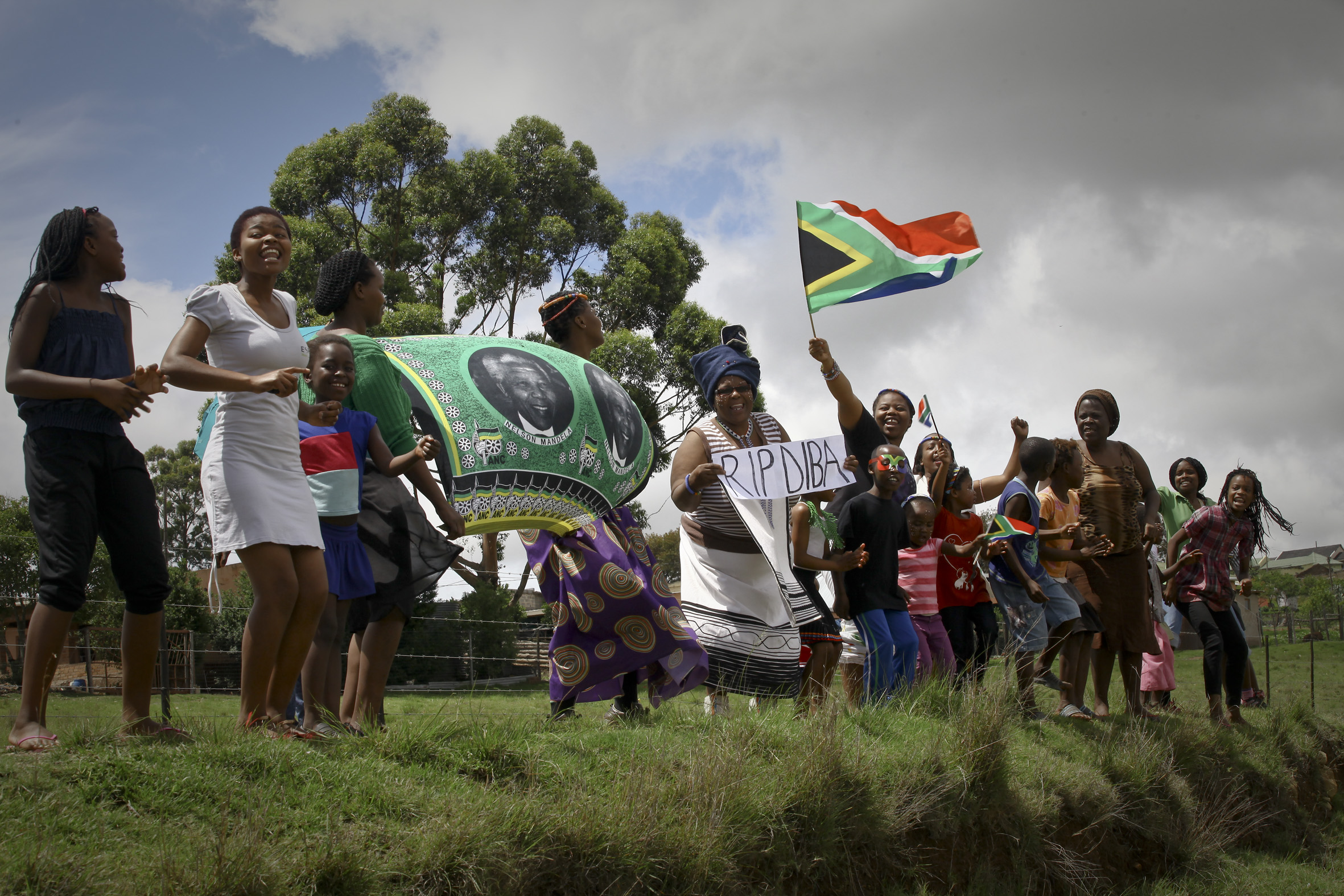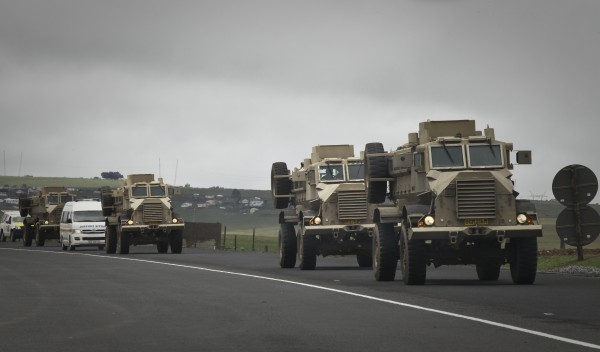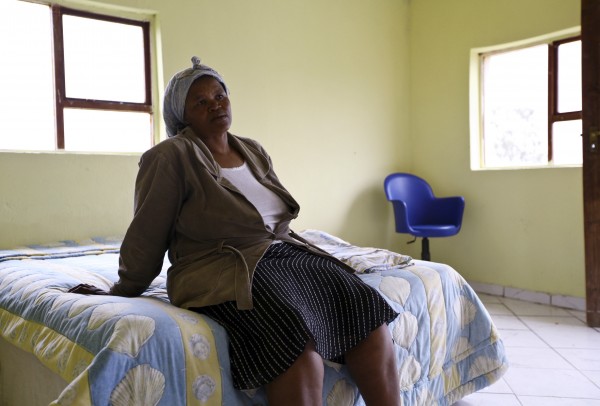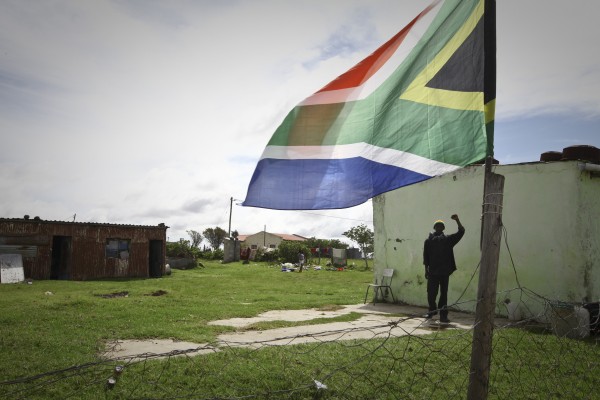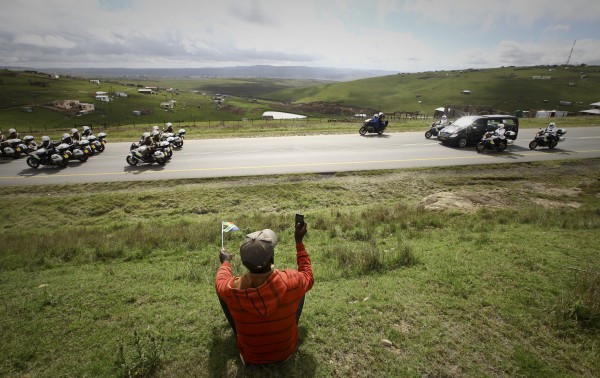WITH MANDELA’S DEATH, all normal work arrangements for journalists were suspended. It was raining when I left for his hometown of Qunu, deep in South Africa’s Eastern Cape, and I assumed the new tyres and suspension on my car would handle the roads just as well as they’d done every time over the years.
I wasn’t worried. I knew these roads. In the time I’d been studying journalism, I’d done my share of exploring. Cruising through village after village on my way north, I’d slow each time to have a passing look for anything that might photograph well. Good light, symbols, anything interesting.
